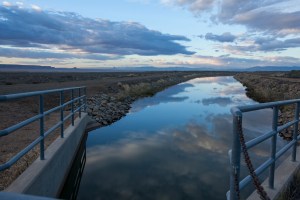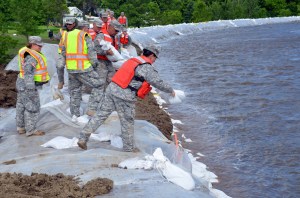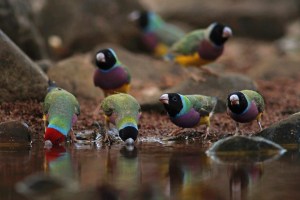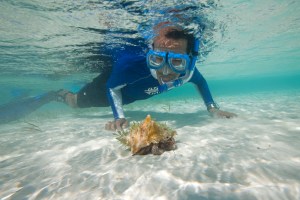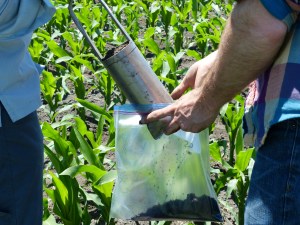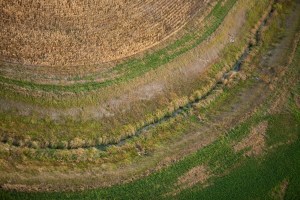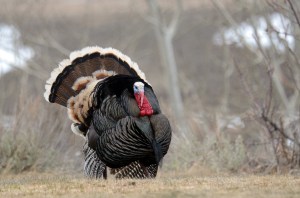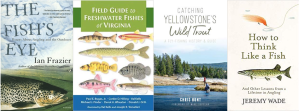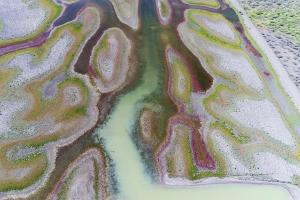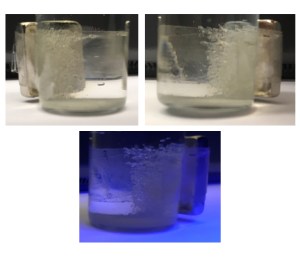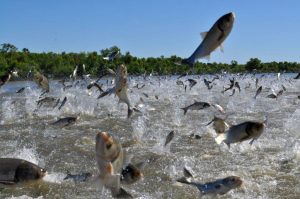Discover stories in Conservation Science
Water Scarcity Around the World: It’s about You and Me
Have you ever heard the one about climate change drying up the world and leaving the planet without enough water […]
The Main Cause of Global Water Scarcity? It’s Us.
New research shows that by 2050, more than 70 percent of watersheds around the world will experience water scarcity driven primarily by human activity, not climate change.
Got Floods? Protecting Floodplains Could Be a Cheap Way to Reduce Damages
In many places in the U.S., $1 invested in floodplain protection today can return at least $5 in savings from avoided flood damages in the future.
In Search of Australia’s Amazing Rainbow Finch
The conservation story behind Australia’s most colorful finch.
Biodiversity Conservation in the Age of Climate Change
An international team of researchers argues that the twin goals of climate change adaptation and biodiversity conservation must become the combined foundation of marine management and ocean conservation efforts.
Soil Carbon: Complexity, Context + A Way Forward
Researchers highlight agreements and uncertainties around soil carbon and argue that “action can happen despite unanswered scientific questions.”
Floodplains: Protecting & Restoring an Overlooked Ecosystem
A new tool helps protect the many values of floodplains for people and nature.
Everything You’ve Ever Wanted to Know About Turkeys
A veritable feast of turkey content from our archives.
Review: What Fishing Books Can Be
Four fresh looks at fish and fishing for the angler-conservationist.
Bird Country: Saving the Riverina’s Last Wild Wetlands
In a dry corner of southeast Australia, life-giving wetlands sustain a huge array of birds—and a 50,000-year old culture.
Emerging Science Explores Ways to Help Make Green Energy Tech Greener
TNC NatureNet Science Fellow Robert Higgins describes an environmentally friendly way to extract the rare-earth minerals that are critical to green energy technologies, from wind turbines to hydrogen-powered cars.
The Carp Show: An Inside Look at the Jumping Fish Invasion
Your guide to one of the most notorious fish invasions.

